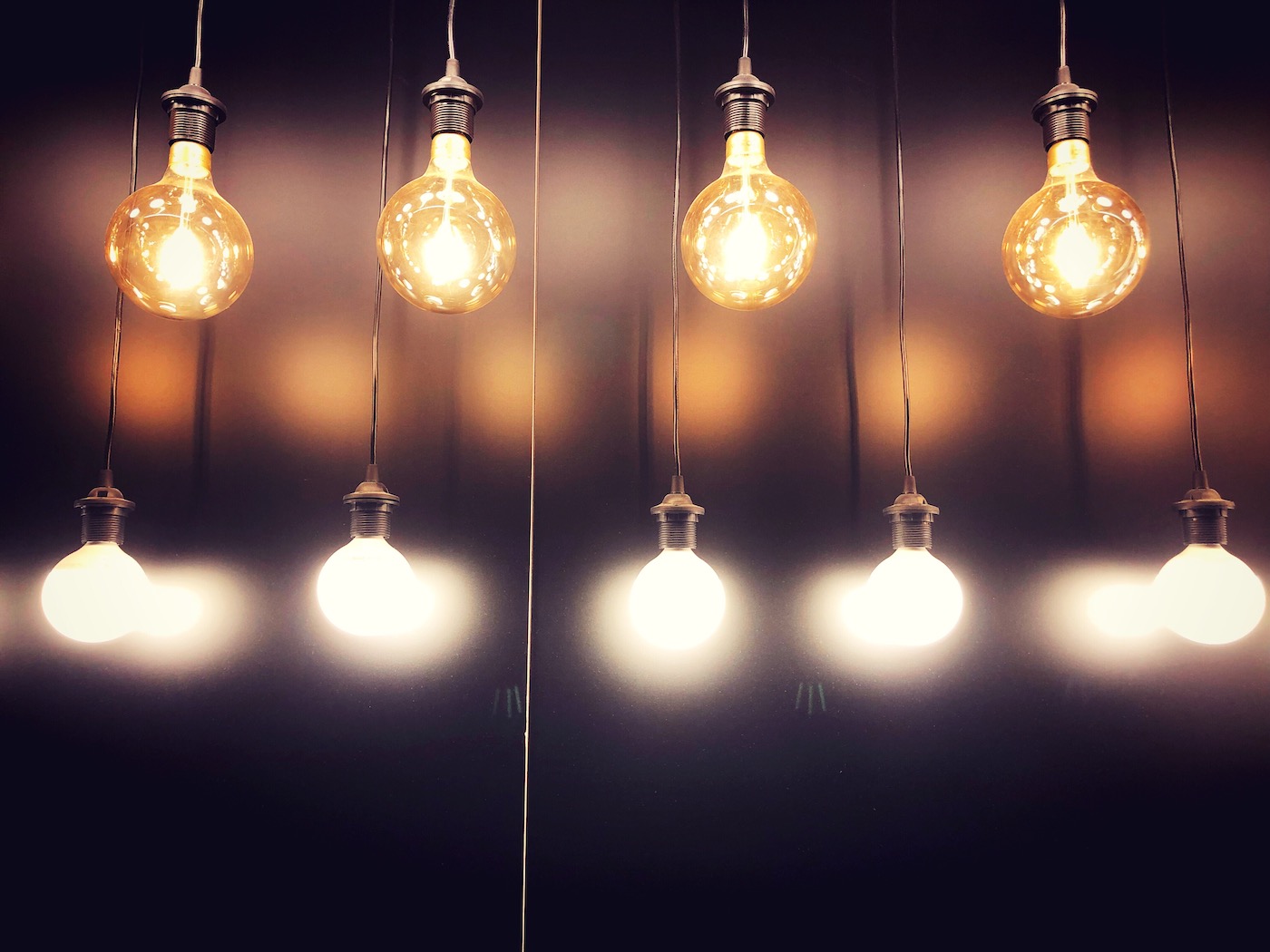Light bulbs play a significant role in our daily lives, from illuminating our homes, workplaces, and public spaces.
With each type having distinct qualities and advantages, the varieties of light bulbs we can use have evolved along with technology. However, the convenience of modern illumination comes with the responsibility of proper disposal.
Let us dig into the essential topic of light bulb disposal, analysing why it is important and providing extensive methods for safely disposing of various types of light bulbs.
Why Is Proper Disposal of Light Bulbs Important?
Light bulb disposal is critical for various reasons. It is, first and foremost, an environmental necessity.
Many light bulbs, including CFLs and fluorescent bulbs, contain trace levels of mercury, a toxic material that can negatively affect the environment if disposed of improperly.
There are significant concerns to both human and animal health when these bulbs end up in landfills as the mercury they contain can leak into the soil and water.
Additionally, recycling light bulbs helps to conserve vital resources. It is possible to salvage and repurpose many parts of light bulbs, including glass and metals, to create brand-new goods.
We lessen the demand for raw materials and the environmental impact by properly disposing of light bulbs.
Proper Light Bulbs Disposal Method
Properly disposing of light bulbs is crucial, especially those containing hazardous elements like compact fluorescent lamps (CFLs) and fluorescent tubes. The following are the recommended disposal techniques for various types of light bulbs:
Incandescent bulb disposal: Incandescent bulbs do not contain dangerous components such as mercury and can thus be disposed of with standard household waste.
However, if you want to be more ecologically responsible, you can recycle them if your local recycling facilities allow them.
Compact Fluorescent Lamps (CFLs) and Fluorescent Tubes: Mercury, a hazardous chemical, is present in CFLs and fluorescent tubes. It is critical to handle them with care and discard them according to safety regulations:
- Recycling Centres: Many localities established hazardous waste collection sites or recycling centers for CFL bulb disposal.
Retailer Take-Back Programs: Some stores that sell CFLs offer take-back programs, taking back used bulbs for appropriate recycling and disposal.
Check with the retailer where you bought the bulbs to see if they provide this service.
LED Bulbs Disposal: LED bulbs have no harmful elements like mercury. While they are more energy-efficient and last longer, properly disposing of them is equally essential. You can discard them in the same way as incandescent bulbs are:
- Throw them away with your regular household rubbish, or
- Find out whether recycling centres in your area take LED bulbs for recycling.
Broken and Busted Light Bulbs: Accidents occur, so if you shatter a light bulb, you must act cautiously to avoid more complications.
Whether you’re doing a broken light bulb disposal or discarding busted light bulbs at home, following these steps can surely help you complete the job safely and efficiently:
- Safety First: Wear gloves and protective eyewear before cleaning up the broken bulb.
- Ventilation: Before beginning cleanup, let the room air out by opening the windows for at least 15 minutes.
- Use sticky tape: Carefully collect larger glass bits using sticky tape. Avoid picking up the debris directly using your hands.
- Paper Towel Method: To pick up tiny shards and dust, dampen a paper towel and put all the pieces in a sealed plastic bag.
- Proper Disposal: Dispose of shattered glass and hazardous rubbish according to local regulations. Do not dispose of the debris in regular bins.
- Professional Service: Consider hiring a professional rubbish removal team if there has been substantial breakage or if you are unsure about the proper disposal and recycling methods.
Conclusion
Proper light bulb disposal is essential to protecting our environment and communities. By disposing of light bulbs appropriately, we can reduce potential environmental risks and save priceless resources.
We contribute to a greener, healthier and more sustainable future for all by making informed decisions and adopting proper disposal practices.
Incorporating appropriate light bulb disposal into our daily routines may appear to be a minor step, yet it has a major contribution.
We actively engage in the ongoing effort of creating a healthier environment for future generations by limiting the release of harmful elements and promoting recycling.
While you can handle most light bulb disposal procedures, a difficult time requires a reliable rubbish removal team like Paul’s Rubbish Removal.
Our professional removalists know local environmental standards and ensure that your light bulbs are disposed of efficiently and safely, following government rules and regulations.







